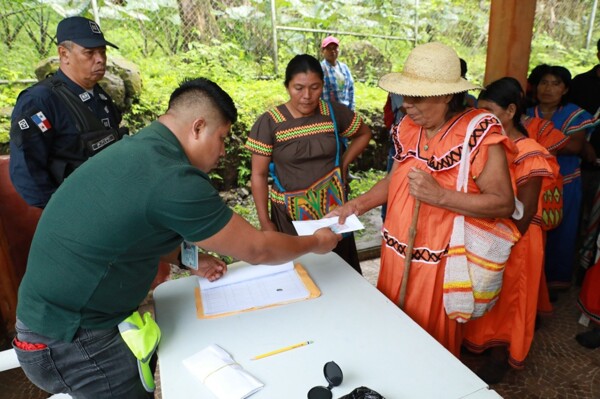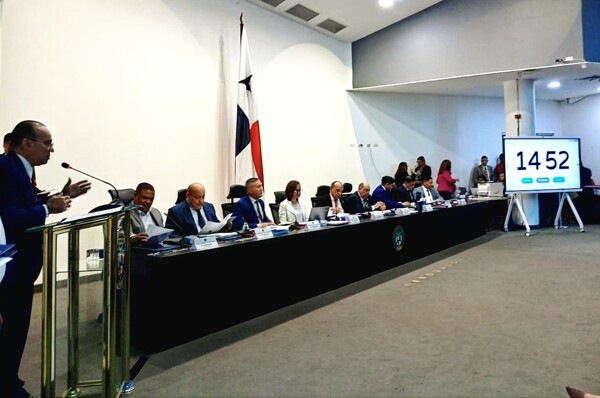First of all, the University of Panama has presented a proposal to reduce evasion by 1.5%, which could generate 18.101 billion dollars in 10 years and 53.709 billion in 20 years. It is proposed to control the evasion of contributions, as currently only 75% of salaried employees in private companies are registered in the CSS, leaving 25% without coverage, which could generate additional income. Furthermore, they propose to increase the profitability of CSS funds from 4% to 6%, which would contribute more income.
The rector of the University of Panama, Dr. Eduardo Flores Castro, argued that by implementing these measures, it would be possible to reach 22.667 billion dollars in a decade and 67.778 billion in two, covering the needs of the CSS without the need to increase the retirement age. On the other hand, Professor Jované highlighted that the current Bill 163 contemplates the privatization of CSS funds, in contrast to the university's proposal which advocates for a public and solidarity system without exposing the funds of the insured to insecurities.
Both academics agree that measures must be taken based on equity and the universality of the right to social security, avoiding the privatization or outsourcing of funds and rights of Panamanian workers. At the end of the session, Deputy Cedeño expressed his interest in continuing consultations with a view to the second debate in December.
The debate on the reforms to the CSS bill began in the National Assembly with the participation of different sectors, where the increase in the Retirement Age is discussed. In the interventions, proposals were made to raise funds and save the Social Security Fund, such as reducing evasion and tax avoidance, controlling contribution evasion, increasing the profitability of CSS funds, and formalizing informal workers. Tax evasion in 2022 was also mentioned, representing 7.832 billion dollars, equivalent to 10.2% of GDP, according to data from the General Directorate of Revenues (DGI).













